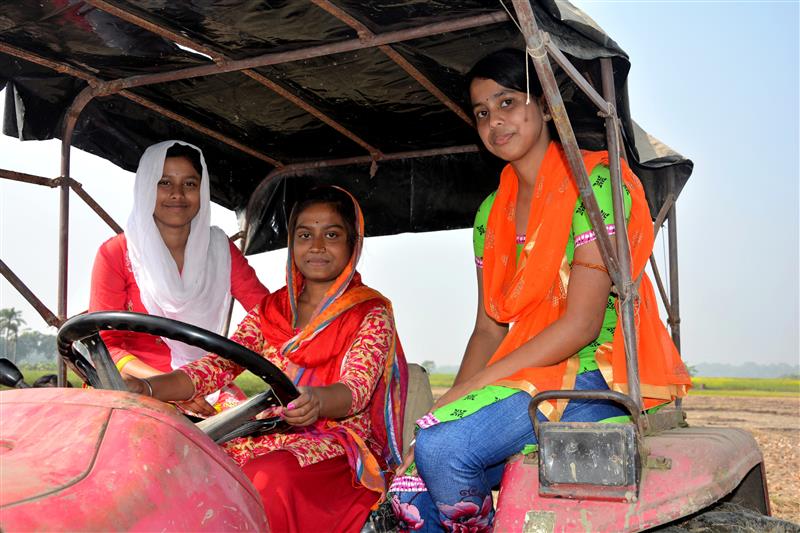How CSR Initiatives Support Rural Livelihoods
Effective CSR programs focus on skill development, employment generation, and entrepreneurship, enabling rural populations to achieve economic independence. Centum Foundation exemplifies this approach through various initiatives:
1. Skill Development for Employment

A significant barrier for rural youth is the lack of employable skills. CSR-funded vocational training programs bridge this gap by providing industry-relevant education. Centum Foundation, in collaboration with partners, offers training across multiple job roles, including retail and technology sectors, paving the way for sustainable livelihoods and brighter futures.
2. Entrepreneurship and Self-Reliance
Empowering individuals to become entrepreneurs is a cornerstone of sustainable rural development. Centum Foundation’s entrepreneurship development model assists first-generation micro-entrepreneurs by providing education, fostering innovation, and offering direct support. This approach enables individuals to unlock their entrepreneurial potential and contribute to economic growth.
3. Enhancing Agricultural Productivity

Agriculture remains a primary livelihood source in rural areas. Recognizing this, Centum Foundation, in partnership with Mahindra Farm Division, launched the Farm Mechanisation Project in 2022. Implemented in Jaipur, Nagpur, and Zaheerabad, the program develops essential mechanisation skills among smallholder farmers, leading to increased efficiency and improved livelihoods.
The Role of CSR in Youth Empowerment
CSR initiatives play a crucial role in empowering rural youth by:
Achieving the Goal of CSR: Long-Term Rural Prosperity
The overarching goal of CSR is to foster sustainable rural economies by ensuring equitable access to education, employment, and entrepreneurial opportunities. Strategies to achieve this include:
Strengthening Public-Private Partnerships: Collaborations between corporations, government agencies, and NGOs can amplify the impact of CSR initiatives.
Integrating Technology: Leveraging digital platforms enhances the reach and effectiveness of training programs.
Implementing Impact Assessments: Regular evaluations ensure that CSR programs are meeting their objectives and facilitating continuous improvement.
Conclusion
CSR initiatives are instrumental in transforming rural livelihoods by addressing critical challenges and creating opportunities for sustainable development. Through targeted programs in skill development, entrepreneurship, and agricultural productivity, organizations like Centum Foundation are making significant strides in empowering rural communities and fostering economic resilience.
Discover how Centum Foundation’s CSR initiatives are enabling sustainable livelihoods, fostering entrepreneurship, and empowering communities for long-term economic growth.


